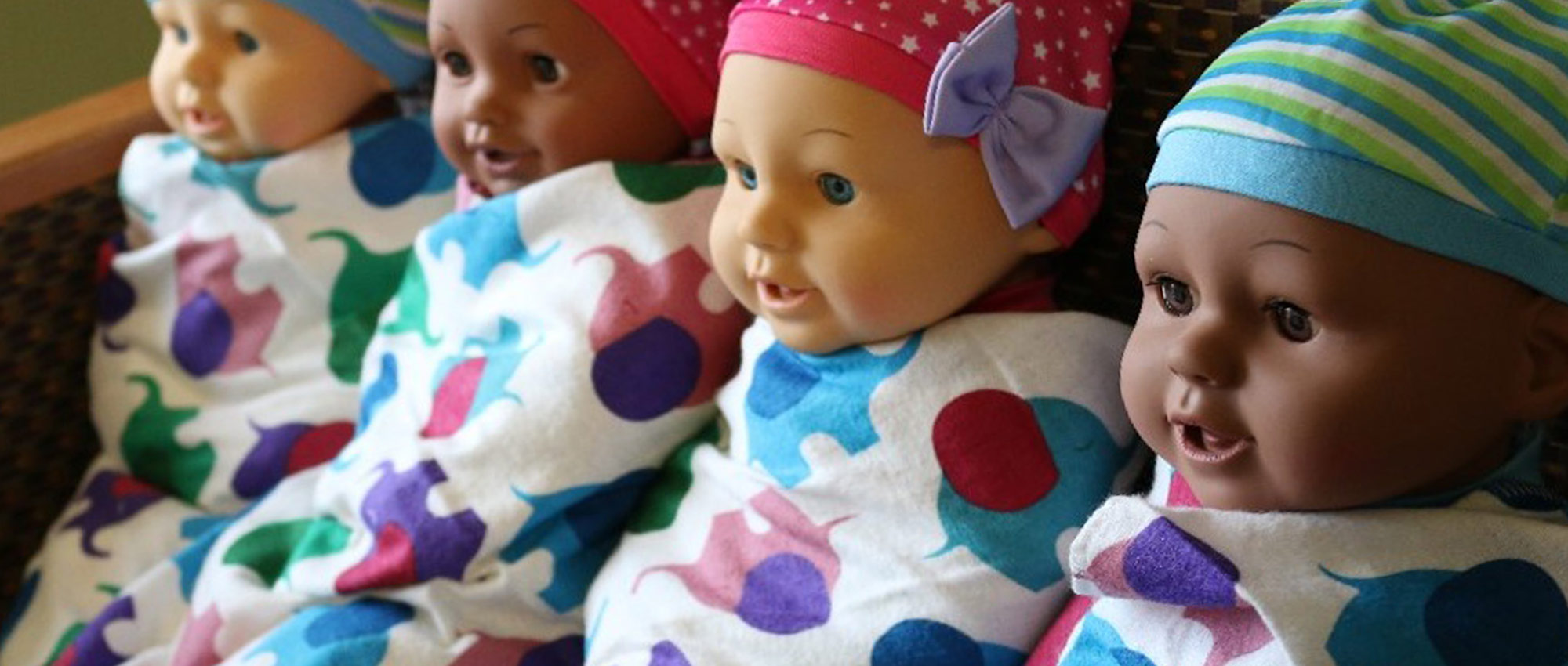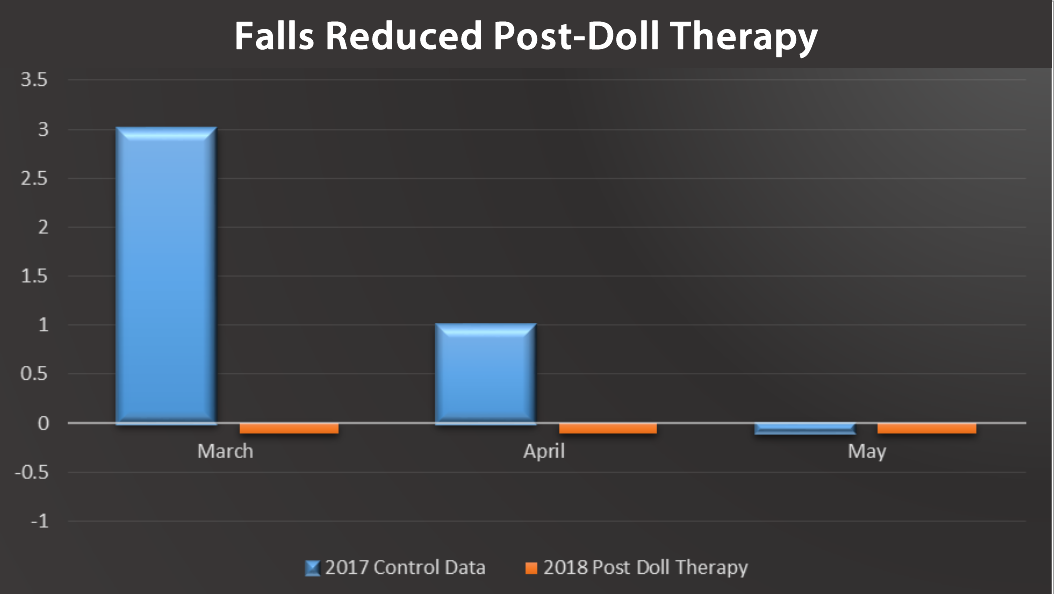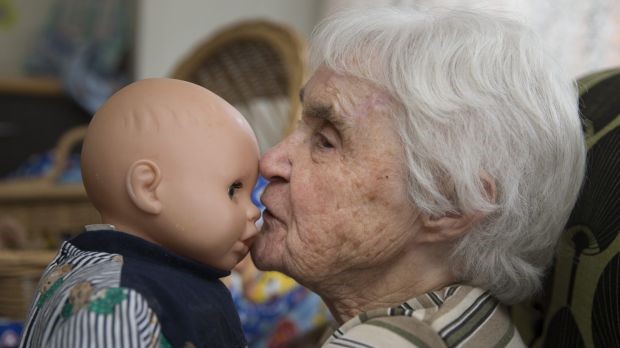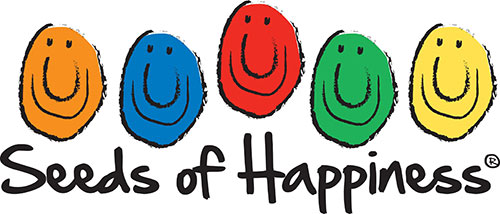
Doll Therapy Program
Angie's Purpose Mission Statement
Angie's Purpose is an innovative and alternative treatment approach making a difference in the lives of those living with dementia and their family members/caregivers by providing a sense of purpose, comfort, and companionship; reducing negative behaviors and symptoms; and reduce the risk of falls for these patients.
“Each of us can inspire, innovate, and influence. It doesn’t matter what position you hold.”
Author Unknown
Taking Care of Patients with Dementia
Behavioral and Psychological Symptoms of Dementia (BPSD)
The Responsible Party
Solutions & Methods
Medical-Surgical Unit 3-Month Pilot Study
Previous evidence reveals doll therapy helps to reduce behavioral and psychological symptoms of dementia (BPSD) along with the use of sitters, restraints, and antipsychotic medications in the dementia patient population; however, prior to 2018, no studies had been done to determine if doll therapy can prevent falls in the hospital setting.
Likewise, while doll therapy had been used in long-term care facilities, there was very little research or evidence that doll therapy was being utilized in the hospital setting.
Given these limitations in evidence, in 2018 when program founder Angie Filipiak, RN, was a manager of an adult medical-surgical unit, she conducted a research study to determine: Do hospitalized dementia patients, exposed to doll therapy experience reduced BPSD during their hospital stay or a decrease in falls?
Patients with dementia provided a doll during their hospital stay. Data was collected by nursing staff on the patient’s fall risk and behaviors before and after the doll was provided.

Year-Long Multi-Site Study Results
Reduction in negative behavioral and psychological symptoms of dementia (BPSD), decrease in fall rates, and increase in nurse satisfaction.

- Data analysis from all 6 hospitals revealed there was a noticeable decrease in fall rates after the implementation of doll therapy.
- Symptoms noted on documentation logs that decreased with the doll therapy intervention included: restlessness, moaning, impulsiveness, getting out of bed without help, wandering, yelling, fidgeting, crying, undressing, agitation, anxiety, requests to leave, refusing care, throwing items, hitting staff, kicking, and pulling at lines, IVs, and/or telemetry leads.
Year-Long Multi-Site Study Details
177 patients were given dolls.
26 patients had missing documentation stating whether or not doll helped these were excluded.
83% of female patients given dolls (132 patients) showed a reduction in negative BPSD after dolls given.
74% of male patients given dolls (19 patients) showed a reduction in negative BPSD after dolls given.
Program Valued by Nurses
85% of nurses report that doll therapy is not time consuming to work into their daily practice and recommend implementing doll therapy at hospitals.
- “I handed out a baby today to a patient that was screaming all night and it was like we flipped a switch! It was AMAZING! I have chills! I am so excited!”
- “The therapy helps greatly with the majority of patients. I’m always amazed with the men loving on their babies.”
- “I’ve been grateful for doll therapy. I have seen many patients holding and cuddling babies on and off.”
How Doll Therapy Helps Nurses & Patients (Testimonials)
A Calming Distraction
Decreased Aggression
Clear Mindedness
Following Direction
Doll Therapy Program Options & Pricing
Doll Therapy
Individual Kit
For individuals living at a nursing home or with family.
- Family Handouts - explains how best to introduce Doll Therapy to recipient.
- Girl or Boy option
- Option of Asian, African American, Hispanic, or Caucasian Doll
- Receiving Blanket
- Seed of Happiness for caregiver
- Includes Shipping
Doll Therapy
Program
Price dependent on size of organization.
- For Hospitals or Long Term Care facilities
- Implementation Plan
- Staff Training Videos
- Educational Tip Sheets
- Family Handouts
Doll Therapy Program with Doll Therapy Supplies
Price dependent on size of organization.
- For Hospitals or Long Term Care facilities
- Implementation Plan
- Staff Training Videos
- Educational Tip Sheets
- Family Handouts
- Supply of Dolls (African American, Asian, Hispanic, and Caucasian Dolls Available)
- Supply of Receiving Blankets
- Sustainability Support
- Supply of Dolls
- Seeds of Happiness for staff or family member


Seeds of Happiness Partnership
Caring for a loved one with dementia is stressful and overwhelming. Dementia caregivers report higher levels of stress, depression , and anxiety. Angie’s Purpose has partnered with Seeds of Happiness to provide a mental health tool for the loved one/caregiver of the patient. Every doll provided to a patient will include one Seeds of Happiness for the caregiver or family member. It will also include contact information for Angie’s Purpose with additional resources.

